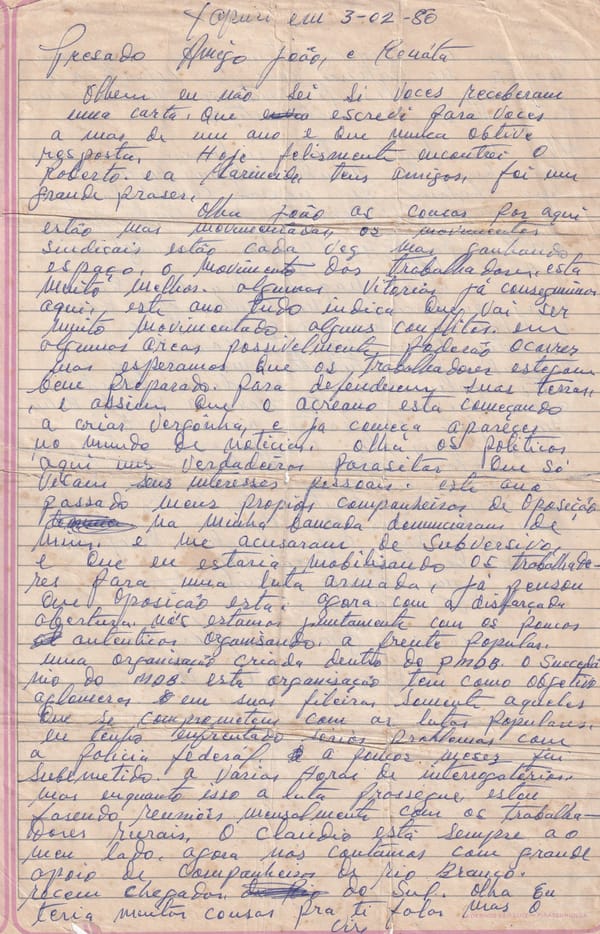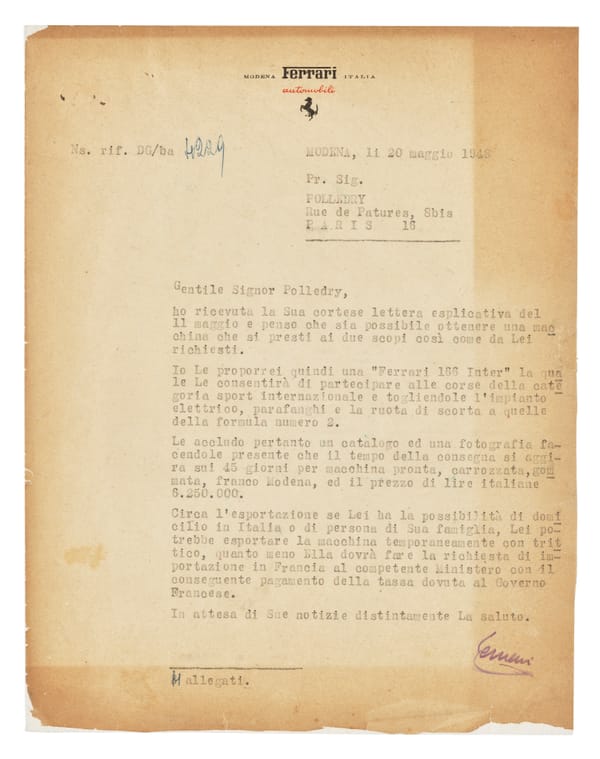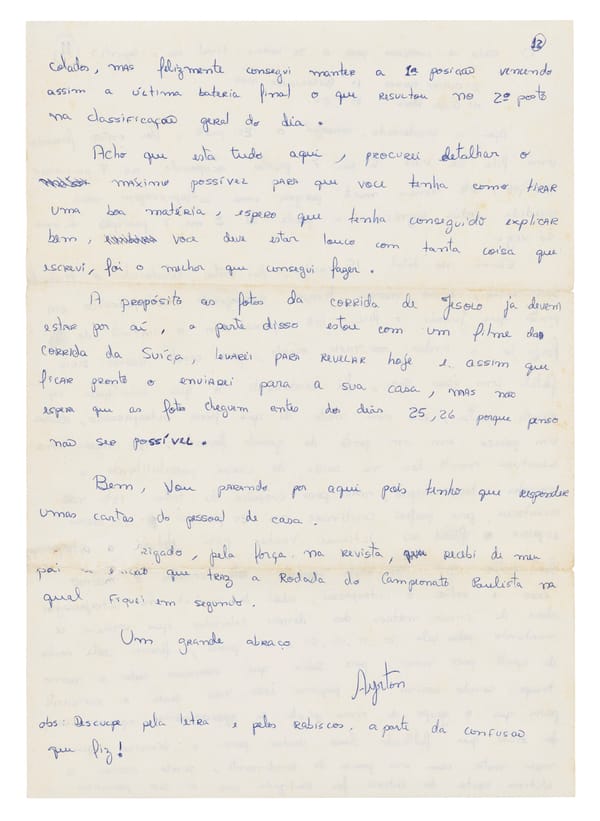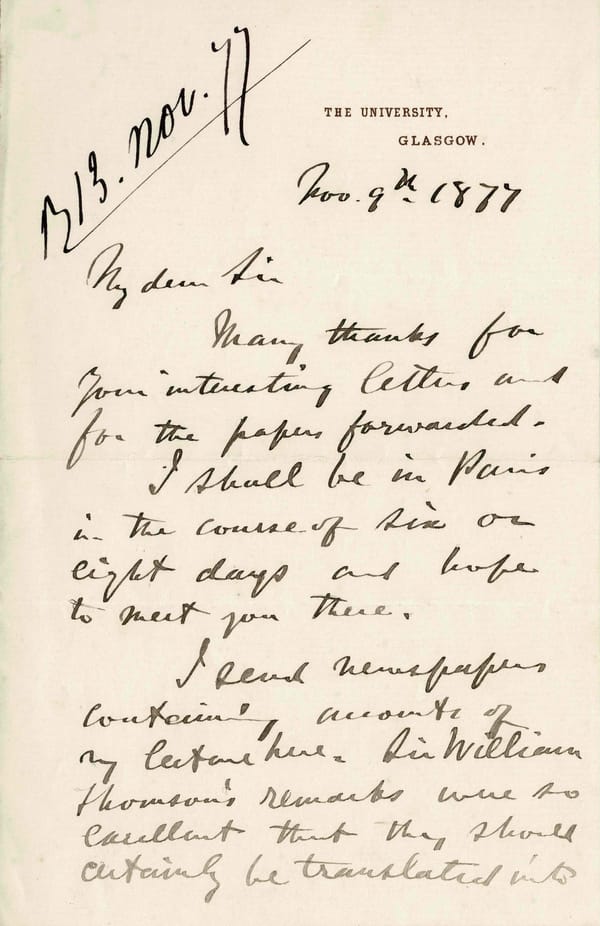Edith Piaf’s hidden letters to a grandmother in need
In this 1948 letter from New York, Édith Piaf replies to a struggling French grandmother raising three children, thanking her for her sincere letters. Despite fame, Piaf confides her emotional pain and finds rare comfort in their growing bond.
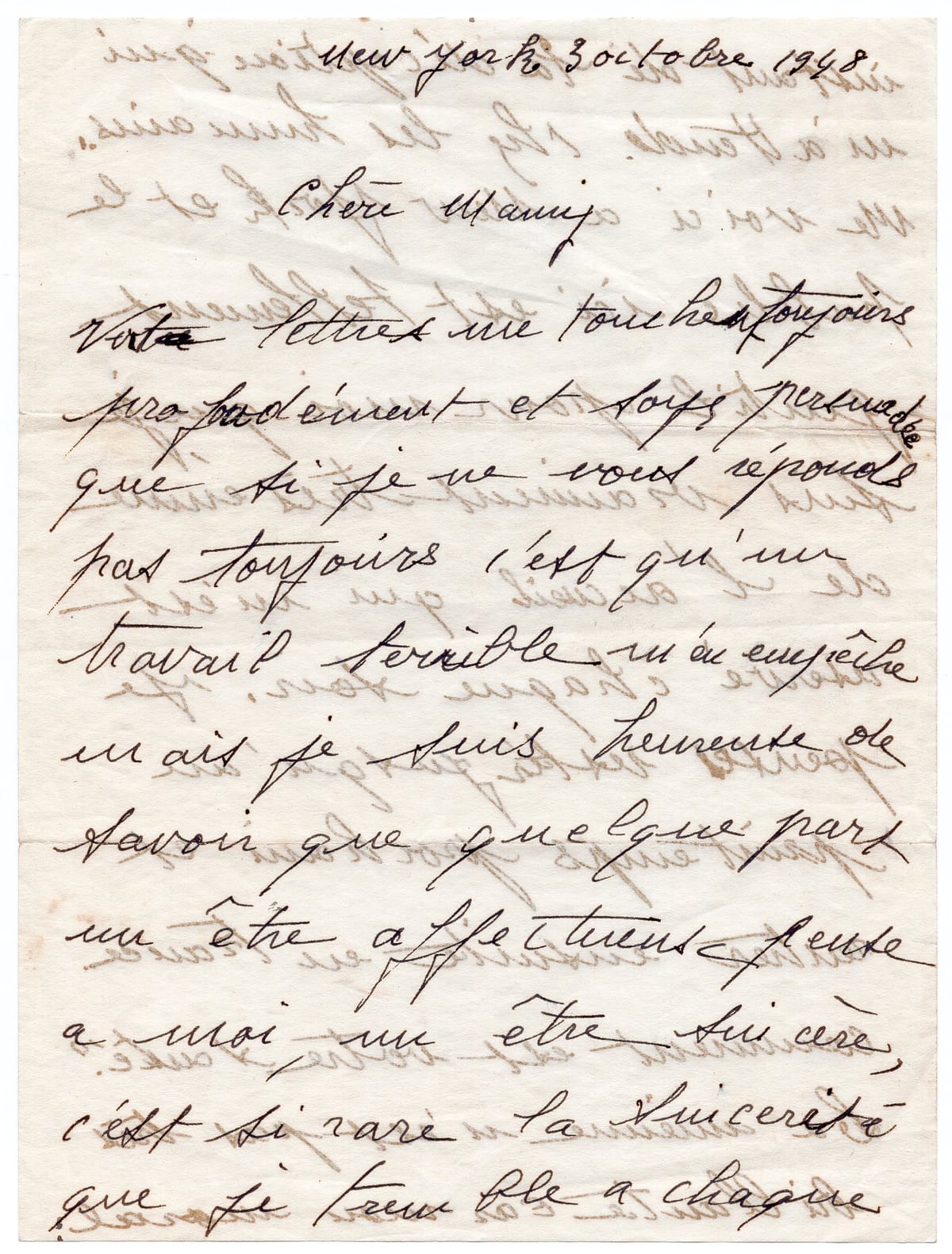
Park Avenue, on an autumn morning. On laid paper in black ink, Édith Piaf writes from New York. America greets her with ovations every night, just days after her lover, boxer Marcel Cerdan, became middleweight world champion. At this point in her career, Piaf is already a towering figure, France’s voice in the world, scarred yet standing after the war. To many, she embodies the soul of a nation: popular, wounded, yet luminous in her sorrow.
The elderly woman writing to Piaf from a Paris suburb in June 1948 seeks a little of that light. She is raising three young grandchildren alone in modest circumstances and reaches out, not with a specific request, but in search of comfort, of connection. Piaf answers her. Then writes again. And again. Over the years, their correspondence grows.
Their bond eventually moves beyond words:
— One Christmas, Piaf knocks on her door, arms filled with gifts for the children.
— In February 1950, she begins sending monthly financial support.
— In her letters, Piaf always calls her “Mamy,” and sometimes signs off as “your little girl.”
In this letter, Piaf acknowledges the emotional power of these exchanges:
Your letters always move me deeply, and please believe that if I don’t always reply, it’s because a terrible amount of work prevents me from doing so. But it makes me happy to know that somewhere, there is a kind-hearted person thinking of me, a sincere person. Sincerity is so rare that I constantly tremble at the disappointment people can bring.
Behind the public triumphs, loneliness persists in the background of her American tour:
Here I am in New York, and the audience here is so kind to me that I am truly touched by the welcome I receive each evening. I think I will stay until next spring and then return to France. How is your health? Mine isn’t so great, as my spirits are low, perhaps my heart is too sensitive.
Far from home, Piaf writes as much to soothe her own doubts as to offer comfort. Her need for connection is genuine, her affection unmistakable:
Write to me, but please don’t take it personally if I don’t reply each time. Even to my father, whom I adored, I didn’t write often. But I assure you, your letters bring me much comfort, and I often reread them because their sincerity warms my heart.
There’s something deeply moving in how she allows herself, amid fame and fatigue, to be consoled by a stranger’s words. This original manuscript is more than a letter; it is the trace of a deeply human exchange between a French legend at the height of her success and a modest woman who became one of her most intimate anchors.
This letter is shared by Laurent-Maria Deschanel, a French expert and founder of Autographes.com. A respected autograph dealer, he offers a refined selection of original letters, manuscripts, and signatures from renowned figures around the world — artists, writers, scientists, political leaders, and more. Guided by his passion and discerning eye, the website features a rich, carefully curated, and regularly updated thematic catalog.

